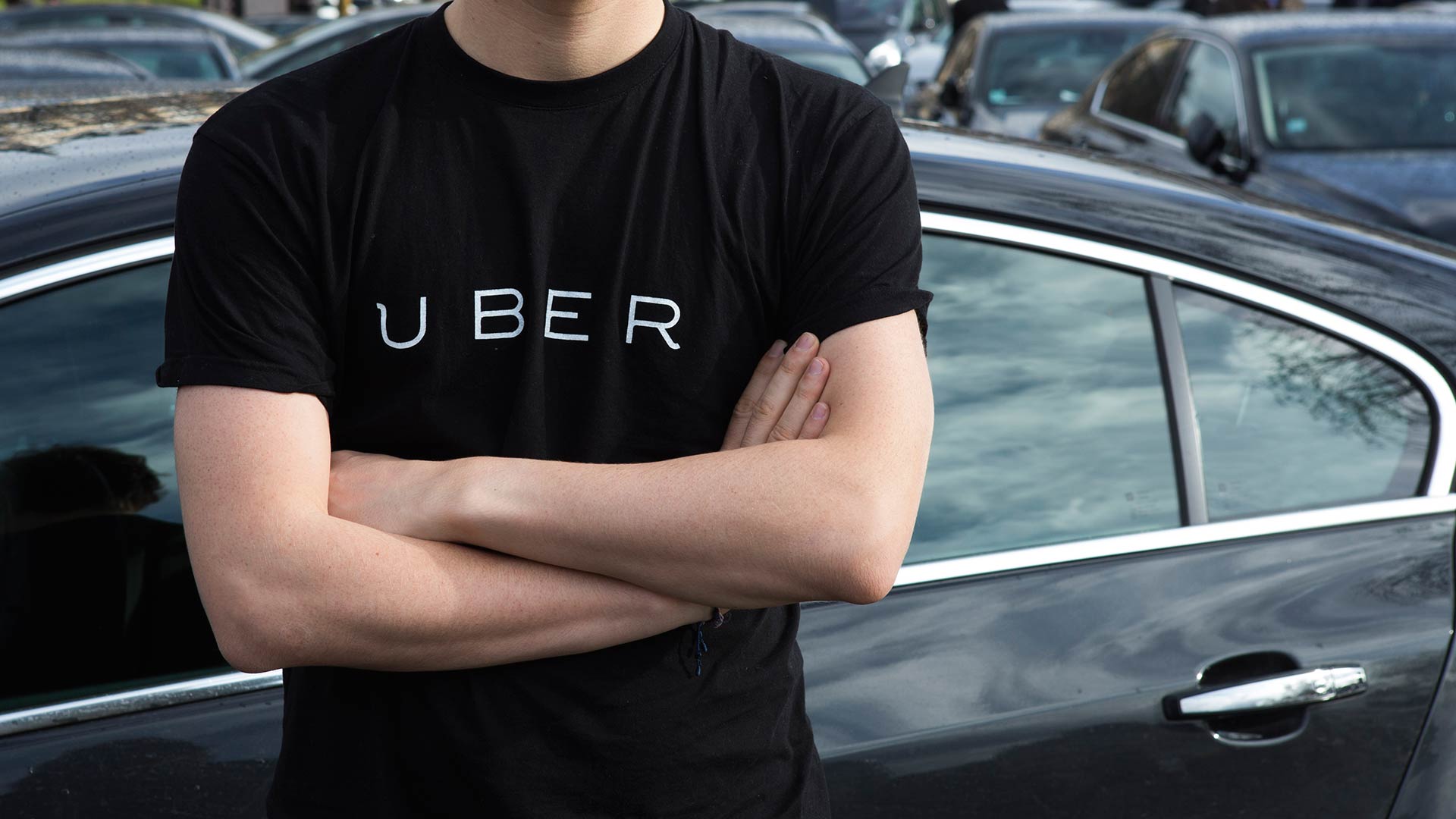

Uber will meet with the California DMV today to explain why the company hasn’t—and won’t—be applying for a permit to test its autonomous vehicles on sate public roads.
Uber’s lawyers are scheduled to meet with the California Attorney General’s office and the Department of Motor Vehicles on Wednesday afternoon, but details of the upcoming meeting have not been disclosed, reported the San Francisco Business Journal. The ride-hailing company launched a pilot program to test its self-driving technology in Pittsburg earlier this year, and expanded the program to San Francisco last Wednesday. However, Uber failed to obtain an Autonomous Vehicle Testing permit from the DMV, or alert state or city officials about its plans. On Friday, the California Attorney General’s office sent a letter to the San Francisco-based company ordering it to comply with state laws or face unspecified consequences.
That didn’t happen.
In a call with reporters last Friday, CTO Anthony Lewandowski said that he isn’t trying to pick a fight over semantics, but rather, that the DMV’s code was vague enough that, from the company’s perspective, the rules don’t apply to their vehicles. He explained that based on their interpretation of the law, the company will neither apply for a permit nor pull its vehicles from the road. The self-driving vehicles have been in operation since their launch last Wednesday, and have been recorded running red lights, while bicyclists and passengers in other vehicles have reported near misses with the autonomously-operated cars.
However, it turns out that Uber isn’t actually committing any moving violation infractions by skipping the permitting process, which requires the company to post a $5 million insurance policy for bond, report all accidents and autonomous-mode disengagements to the state for public review, and have a licensed driver behind the wheel at all times. This means that police don’t have any grounds to impound the vehicles—yet. If Uber doesn’t comply with the AG’s orders to either apply for a permit or pull its vehicles from the road, a legal fight will likely ensue … which may be exactly what the company wants.
The company lost $800 million last quarter, according to sources that shared the private company’s financial data with The Information, and is on track to lose $3 billion for the year. Eliminating drivers could go a long way towards reducing costs for the rapidly expanding company—if only the state or federal laws allowed it.